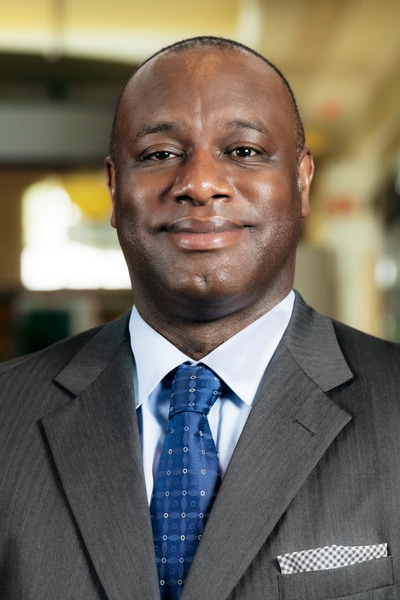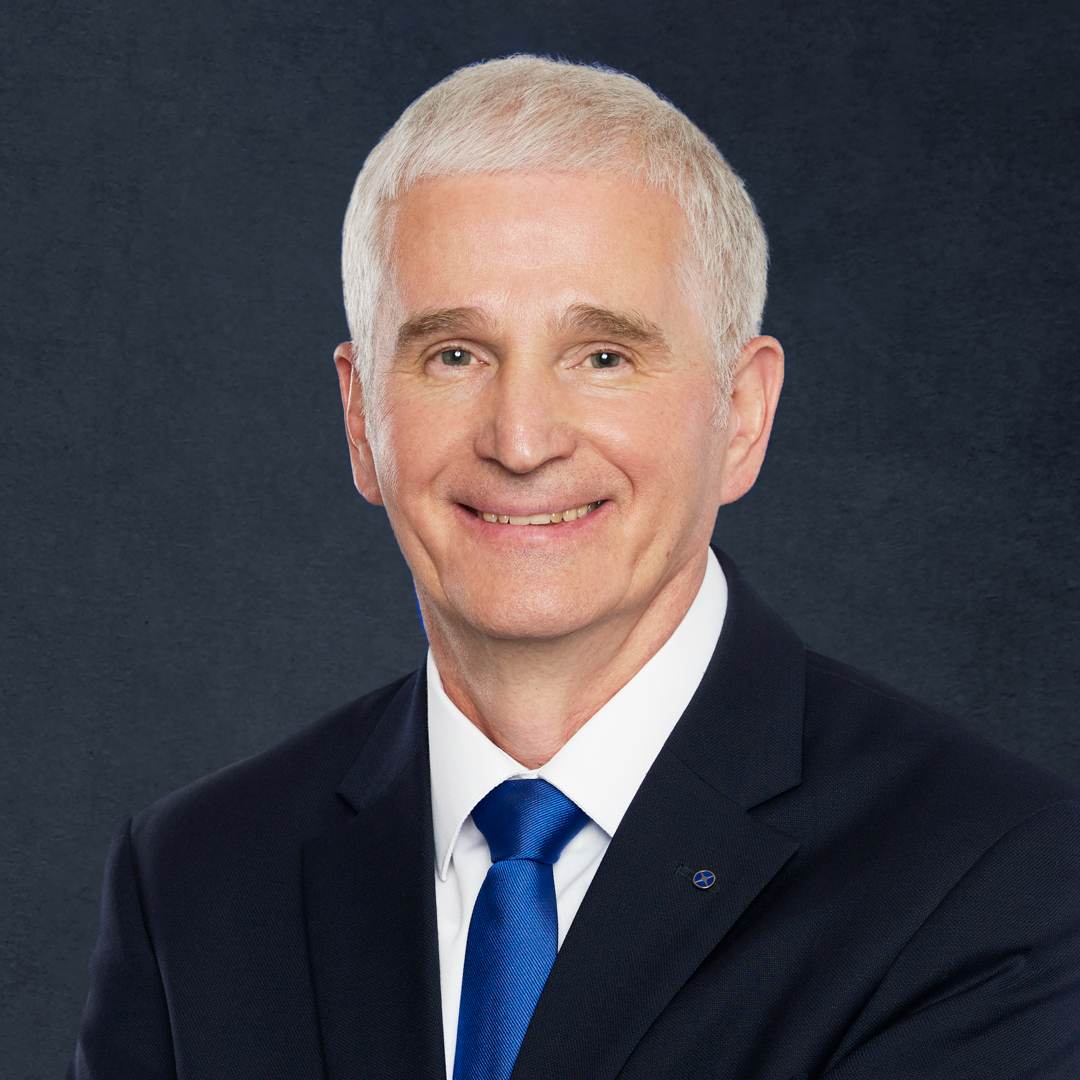It’s no secret that digital shopping has taken a bite out of traditional brick-and-mortar retail, creating existential worries for mall tenants and many of their landlords, the mall operators. Industry trends, such as the growing popularity of online retail, have a disproportionately large effect on companies with a broad footprint.
But Washington Prime Group Vice President, Corporate and Litigation Counsel Stephen Ifeduba offers a different perspective on the business environment for the real estate investment trust based in Columbus, Ohio. The owner and manager of retail properties has a nationwide portfolio of 101 shopping centers, consisting mostly of enclosed malls, with approximately 54 million square feet of managed gross leasable space.
Contrary to public perception, brick-and-mortar retail spaces are still where people make about 85 percent of purchases. Consumers inherently appreciate a shopping experience that allows them to see, hold, and compare merchandise. The youngest adult shoppers, Generation Z, are leading a trend back to shopping with their feet on floors instead of fingertips on a keyboard. In response, mall operators are developing properties and events that make stores a destination.

As with just about every profession, Ifeduba says his corner of business law has been transformed by technology. Virtual meetings via computer screens have become a new tool that practitioners are continuing to leverage to add efficiency to their practice. As he manages high volumes of work with many properties—and his outside counsel in dozens of markets—he finds the many devices and platforms for communications invaluable.
“Our legal research capabilities, document production, and exchange and communication options have been greatly advanced because so much information is either cloud based or uses a database,” he says. “Due diligence for capital markets or property dispositions and acquisitions in the past would require travel and several days, but now, with Adobe, Excel, Word, and email, it’s possible to complete aspects of diligence in a shorter amount of time.”
Ifeduba’s more than two decades of work in business law—largely practicing in transactional, regulatory, and securities work—qualify him to handle the shifting demands of his role. Luckily, in his first law firm, he worked on both transactional corporate matters and litigation, providing him with a dual track of experience that is uncommon for young attorneys. “It’s good to have worked in both,” says Ifeduba. “Particularly in the tougher times, the emphasis can shift to lawsuits.”
Across so many properties with so many retail tenants, there will always be an ebb and flow of bankruptcies for any mall operator. For instance, when many retailers entered bankruptcy or closed stores in early 2020 during the COVID-19 pandemic, it generated considerable legal activity. Ifeduba and his outside counsel, most of whom are located in the markets where the company’s properties are, oversaw this legal work related to litigation or bankruptcy matters.
In states like Ohio, where Washington Prime Group is based, Ifeduba grappled with additional complexities because moratoriums were placed on tenant evictions during the crisis period. Furthermore, landlords sought to defer mortgage payment terms to ease cash flow concerns.
For all the changes he deals with in the dynamic landscape of retail, some constants remain for Ifeduba. He has long enjoyed the intellectual property work related to mall marketing. He oversees trademarks and patent work for of logos and insignia related to the names of Washington Prime Group properties and programs (standouts include “Polaris Fashion Place,” “Scottsdale Quarter,” and “Shelby’s Sugar Shop”). A successful holiday marketing concept created at one property—called “Sensitive Santa” because the designated St. Nick was specially trained for children with developmental challenges—required trademark protection because the program proved so popular it was copied by other parties.
Ifeduba notes that what he sees retailers doing is similar to what he’s done throughout his career, which is to be adaptable, come what may. “This business is a lot harder than it was twenty-five years ago, but I get a lot of professional satisfaction from being a generalist,” he says, “not siloed into just leases or development.”


